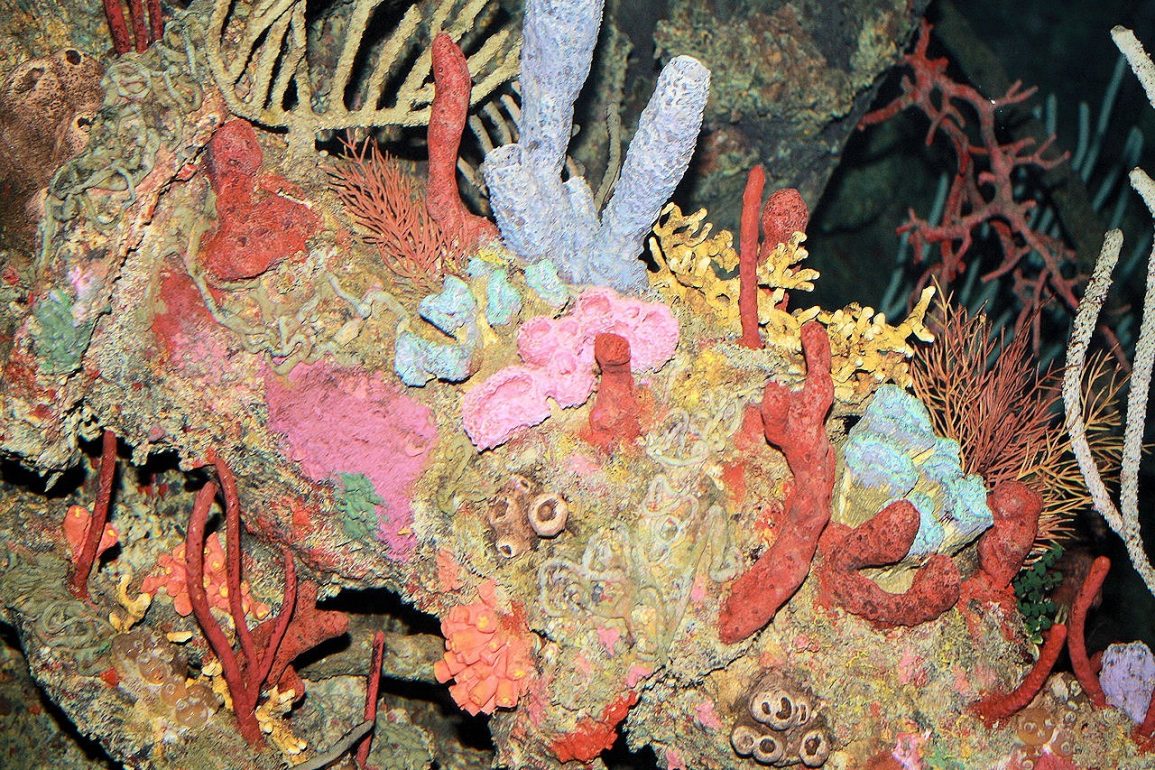While we often associate temperature extremes with weather on land, the deep sea also experiences significant fluctuations that can profoundly affect marine ecosystems.
Recent research highlights that marine heat waves and cold spells, particularly in the ocean’s twilight zone—between 200 and 1,000 meters deep—pose serious threats to biodiversity and fisheries.
Researchers have found that nearly half of the temperature extremes in the twilight zone are driven by large eddy currents, which are powerful swirling water movements.
These eddies can transport warm or cold water over vast distances, intensifying the impact of climate change on deep-sea habitats.
As ocean temperatures rise, heat waves caused by these currents are becoming more frequent and severe, resulting in ecosystem disruptions.
Traditional methods for monitoring ocean temperatures have primarily focused on surface measurements through satellite technology.
However, assessing temperatures at greater depths presents significant challenges.

To tackle this, scientists have deployed long-term moorings and Argo floats that dive deep into the ocean, gathering critical temperature and salinity data.
This wealth of information allowed researchers to analyze over two million temperature profiles spanning three decades, revealing the intricate relationship between eddy currents and deep-sea temperature extremes.
The implications of these findings are alarming. As greenhouse gas emissions continue to warm our planet, marine heat waves and cold snaps are expected to intensify.
These conditions can lead to detrimental effects, including reduced oxygen levels and lower nutrient availability, threatening vital species that reside in the twilight zone.
The bristlemouth, for example, is the most abundant vertebrate on Earth, crucial for maintaining the balance of oceanic life.
As we deepen our understanding of the ocean’s responses to climate change, it becomes imperative to monitor and mitigate the effects of these temperature extremes.
Proactive measures will be essential in preserving the deep sea’s delicate ecosystems, ensuring our oceans’ health and sustainability for future generations.

